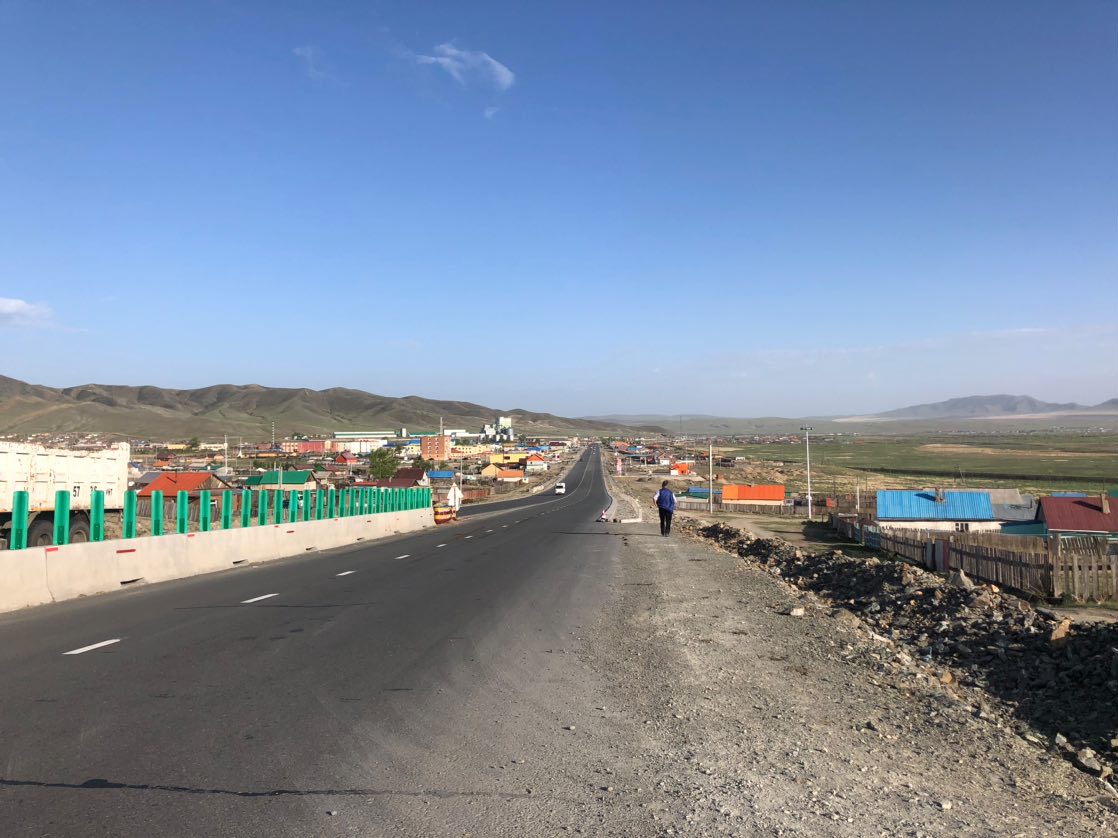Current state of soil pollution in the capital city
The main causes of soil pollution are household sanitation, waste, processing plants, mining, and vehicle.

For example: 3.5 million tons of waste are disposed of annually in about 370 waste collection points nationwide. Ulaanbaatar city receives and disposes of 1.4 million tons of waste annually at 3 central points.
More than 200,000 households in the city’s ger neighborhood have direct access to the soil from their pit latrines. Bacteria and mold have been found in 88% of the city’s population, while 93 percent of the soil samples in the ger neighborhood are contaminated with bacteria, mold, and fungi.
Soil pollution from pit latrines poses a risk to the city’s environment and human health by seeping into shallow water, being carried by flood waters, and being released into the air.











